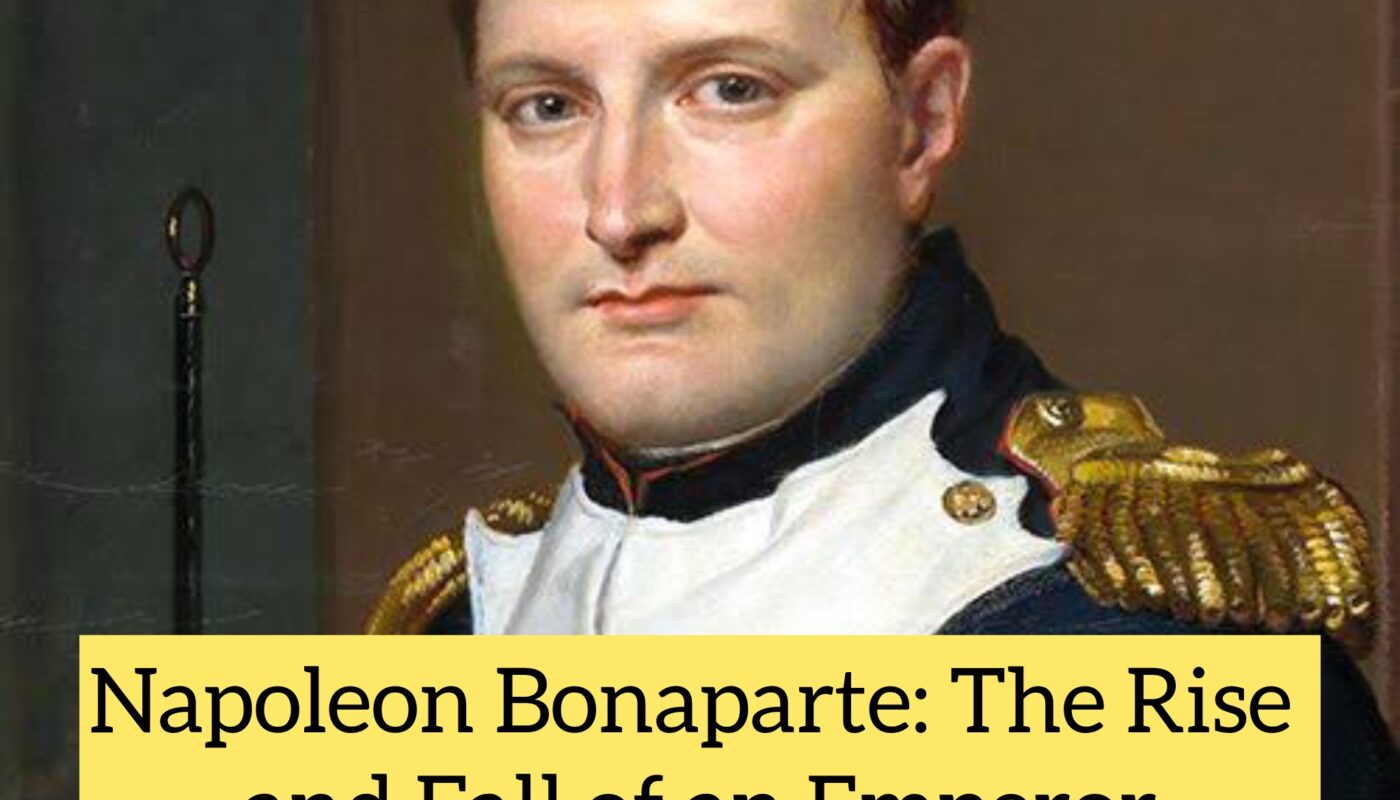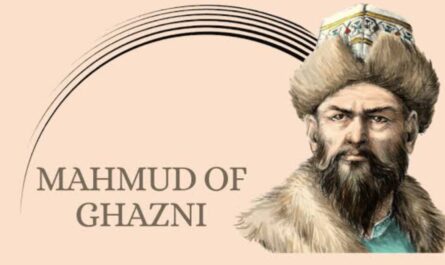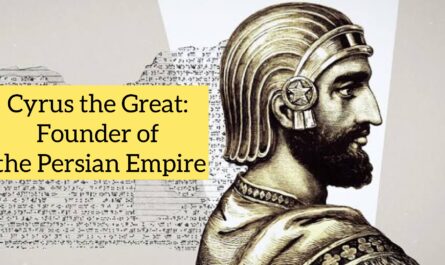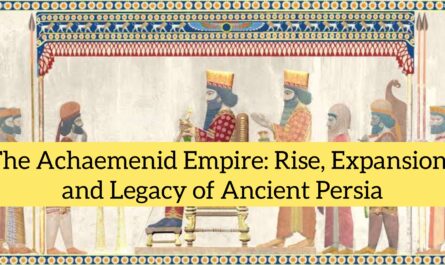Introduction
Napoleon Bonaparte, one of history’s most formidable military commanders and a key figure in shaping modern Europe, remains a symbol of ambition, reform, and controversy. Born in Corsica in 1769, Napoleon rose from modest origins to become Emperor of the French and a dominant figure in global affairs during the early 19th century. His leadership, military genius, and political reforms dramatically transformed France and left an indelible mark on world history.
Early Life and Education
Napoleon Bonaparte was born on August 15, 1769, in Ajaccio, Corsica, shortly after the island was transferred from Genoese to French control. His family was of minor Italian nobility, and his father, Carlo Buonaparte, served as a lawyer and political representative of Corsica.
At the age of nine, Napoleon was sent to mainland France for his education. He attended several military schools, including the École Militaire in Paris, where he trained as an artillery officer. Despite being an outsider due to his Corsican roots and accent, Napoleon excelled academically and graduated in 1785, beginning his military career at a time of great political upheaval in France.
Rise to Power
Napoleon’s first significant opportunity came during the French Revolution. He quickly gained attention for his decisive leadership in suppressing a royalist uprising in Paris in 1795, using artillery to great effect in what became known as the “whiff of grapeshot.”
In 1796, at just 26, Napoleon was given command of the Army of Italy, where he won a series of stunning victories against the Austrians. His Italian campaign not only expanded French influence but also bolstered his reputation as a brilliant strategist.
His Egyptian campaign (1798–1799), though militarily mixed, added to his legend through victories like the Battle of the Pyramids and significant cultural impact, including the discovery of the Rosetta Stone.
In 1799, upon returning to France, Napoleon exploited the political instability of the Directory government. He led a coup d’état on 18 Brumaire (November 9, 1799), establishing the Consulate and naming himself First Consul, effectively making him the ruler of France.
Emperor of the French
In 1804, Napoleon crowned himself Emperor of the French in a grand ceremony at Notre-Dame Cathedral, signaling the start of the First French Empire. His rule was marked by sweeping reforms and near-constant warfare across Europe.
Reforms and Domestic Achievements
-
Napoleonic Code: Perhaps his most enduring legacy, this unified legal code emphasized clearly written laws, equality before the law, and secular governance. It influenced legal systems worldwide.
-
Educational Reform: Napoleon restructured France’s educational system, establishing lycées (secondary schools) and promoting merit-based advancement.
-
Economic and Administrative Reforms: He established the Bank of France, reformed tax collection, and centralized the administrative system to improve efficiency and reduce corruption.
-
Concordat of 1801: He mended relations with the Catholic Church, reestablishing religious freedom while maintaining state control over church affairs.
Military Campaigns and the Napoleonic Wars
Napoleon’s reign was defined by a series of military conflicts known as the Napoleonic Wars (1803–1815), as he sought to expand French influence across Europe.
Major Battles and Campaigns
-
Battle of Austerlitz (1805): Often considered Napoleon’s greatest victory, where he defeated the Austro-Russian army decisively.
-
Peninsular War (1808–1814): A protracted and costly conflict in Spain and Portugal, marked by guerrilla warfare and British intervention under the Duke of Wellington.
-
Russian Campaign (1812): A catastrophic invasion marked by the burning of Moscow, severe winter conditions, and immense casualties. This campaign was a turning point that began Napoleon’s decline.
-
Battle of Leipzig (1813): Also known as the Battle of Nations, it was the largest battle in Europe prior to WWI and resulted in a decisive defeat for Napoleon.
Downfall and Exile
Following defeats and growing opposition across Europe, Napoleon was forced to abdicate in 1814 and was exiled to the island of Elba. However, in a stunning comeback known as the Hundred Days, he escaped Elba in 1815 and returned to power.
His final defeat came at the Battle of Waterloo on June 18, 1815, at the hands of the Duke of Wellington and Prussian General Blücher. Napoleon was captured and exiled to the remote island of Saint Helena in the South Atlantic, where he died on May 5, 1821, at the age of 51.
Legacy
Napoleon’s legacy is complex and debated. While he is celebrated for his military genius and state reforms, he is also criticized for his autocratic rule and the immense human cost of his wars.
Key Aspects of His Legacy
-
Legal Influence: The Napoleonic Code remains the foundation of legal systems in many countries.
-
Military Doctrine: His tactics and organization revolutionized warfare, influencing generations of military leaders.
-
Nationalism: His actions helped spur nationalist movements across Europe, both in support and opposition to his rule.
-
Modernization: Napoleon’s reforms modernized administration, education, and infrastructure in France and other parts of Europe.
Conclusion
Napoleon Bonaparte remains one of the most dynamic and polarizing figures in history. A self-made emperor, he reshaped the political and legal landscape of Europe and inspired both admiration and resistance. His life serves as a powerful study in leadership, ambition, and the fine line between greatness and tyranny.



